10 Ways to Beat Eye Allergies
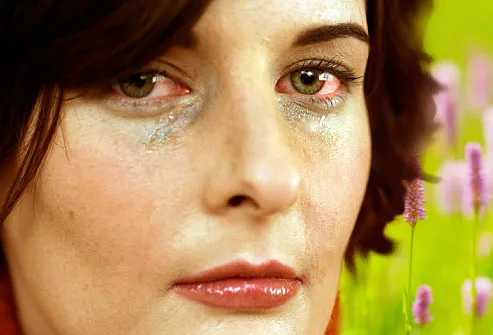
1
/
13
Knowledge Is Power
Have allergies turned your eyes red and puffy? You're not alone -- millions of Americans deal with the condition, also called allergic conjunctivitis. A cold compress can give you a quick fix before heading out in public. But for long-term relief, you need to know your triggers and treat the symptoms.
Swipe to advance
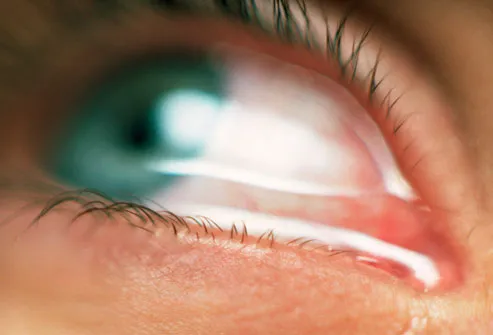
2
/
13
What Are the Symptoms
They include redness in the white of your eye or inner eyelid. Other warning signs: itching, tearing, blurred vision, a burning sensation, swollen eyelids, and sensitivity to light. Eye allergies can happen alone or with nasal allergies and an allergic skin condition called eczema. The only way to know for sure if it's an allergy is to see your doctor.
Swipe to advance
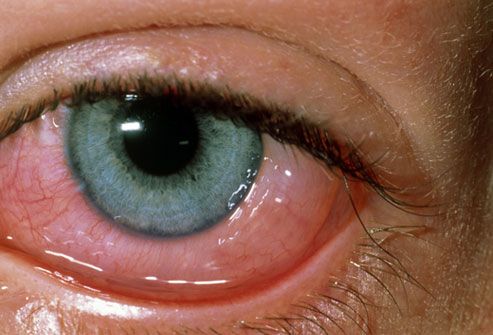
3
/
13
Why Are My Eyes Red?
Because they’re exposed to an allergen, like pet dander or pollen. Cells in your eyes called mast cells release histamine and other chemicals that cause inflammation. The result: itching, redness, and watering.
Swipe to advance
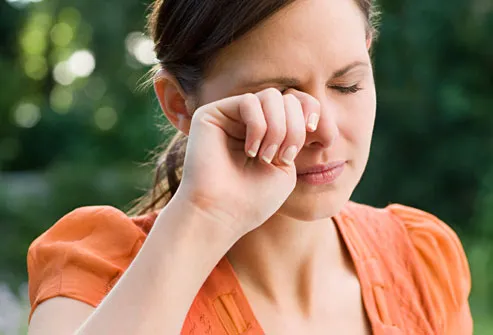
4
/
13
Take a Hands-Off Approach
It’s hard not to touch them, but it’ll only make things worse. Rubbing causes mast cells to release more of those itch-causing chemicals. These things can help: If you wear contact lenses, take them out. Skip the eye makeup, and apply cool compresses to your eyes. Wash your hands often.
Swipe to advance
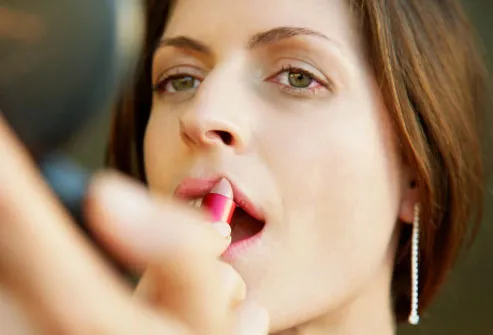
5
/
13
Cover-Up Tips
Apply a hypoallergenic concealer to help hide dark circles. Don't try to cover up with heavy makeup -- it’ll only call attention to your red, watery eyes. Instead, emphasize another feature. Wear a killer shade of lipstick, for example.
Swipe to advance

6
/
13
Outdoor Triggers
If your eyes well up when you go outside during spring or summer, you may have seasonal allergic conjunctivitis. Grass, tree, and weed pollens are the worst offenders. When pollen counts are high, stay indoors, keep your windows closed, and run the air conditioner. Wear sunglasses to keep pollen out of your eyes.
Swipe to advance

7
/
13
Indoor Triggers
Pet dander, dust mites, and molds top the list. They can cause symptoms all year long. If you have a pet, keep him out of your bedroom. Can't resist playing with Fluffy or Fido at a friend’s house? Wash your hands ASAP when you’re done. Change clothes as soon as you go home.
Swipe to advance
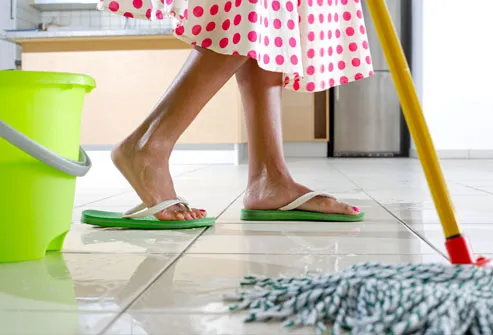
8
/
13
Mop Away Mites
If dust mites set off your symptoms, invest in bedding and pillowcases that keep them out. Wash sheets in hot water, and try to keep the humidity levels in your home between 30% and 50%. Clean floors with a damp mop. Don't sweep -- it stirs up allergens.
Swipe to advance
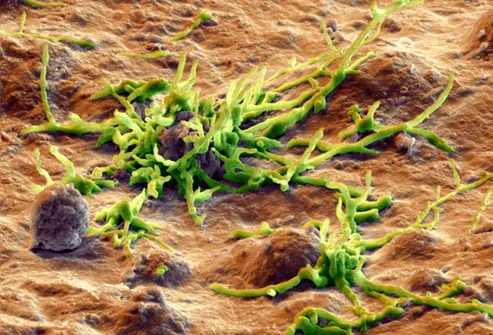
9
/
13
Go on Mold Patrol
Clean bathrooms, kitchens, and basements where mold lurks. Get a dehumidifier to help remove moisture from the air. Change the water often. Get a HEPA filter for your air conditioner, too. It can trap mold spores before they attack your eyes.
Swipe to advance
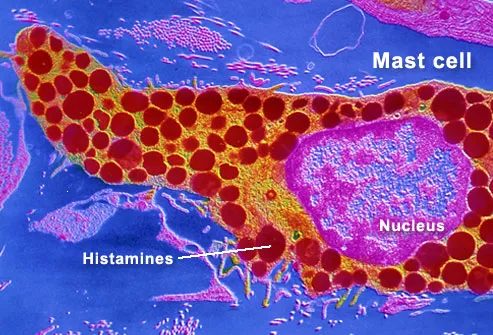
10
/
13
Try Some Eye Drops
Most over-the-counter drops for eye allergies have the same medications used to treat nasal allergies:
- Antihistamines and mast cell stabilizers block the release of itch-causing chemicals your body makes.
- Decongestant drops shrink blood vessels in your eyes, which eases redness.
- Tear substitutes rinse away allergens and keep eyes moist.
People with certain conditions should not use some types of eye drops, so ask your doctor. Prescription options may include nonsteroidal anti-inflammatory drugs or steroids.
Swipe to advance

11
/
13
Oral Medicines Can Help, Too
Antihistamines and decongestants that you take as pills, capsules, or liquids can help control your symptoms. But they can dry out your eyes and might make you sleepy. Some OTC decongestants make you dizzy or wired. If you have high blood pressure, ask your doctor what to take.
Swipe to advance

12
/
13
Consider Allergy Shots
They work well for eye allergies. The shots, which your doctor might call immunotherapy, help your immune system get used to the things that trigger your symptoms. They’re usually an option for people with severe allergies. Treatment can take months, and you may still need to use medicine. Ask your doctor if they’ll work for you.
Swipe to advance

13
/
13
Create an Action Plan
There’s a lot you can do to take the sting out of your eye allergies. Work with your doctor to set a plan in place to stop future attacks.
Swipe to advance
- Get link
- X
- Other Apps